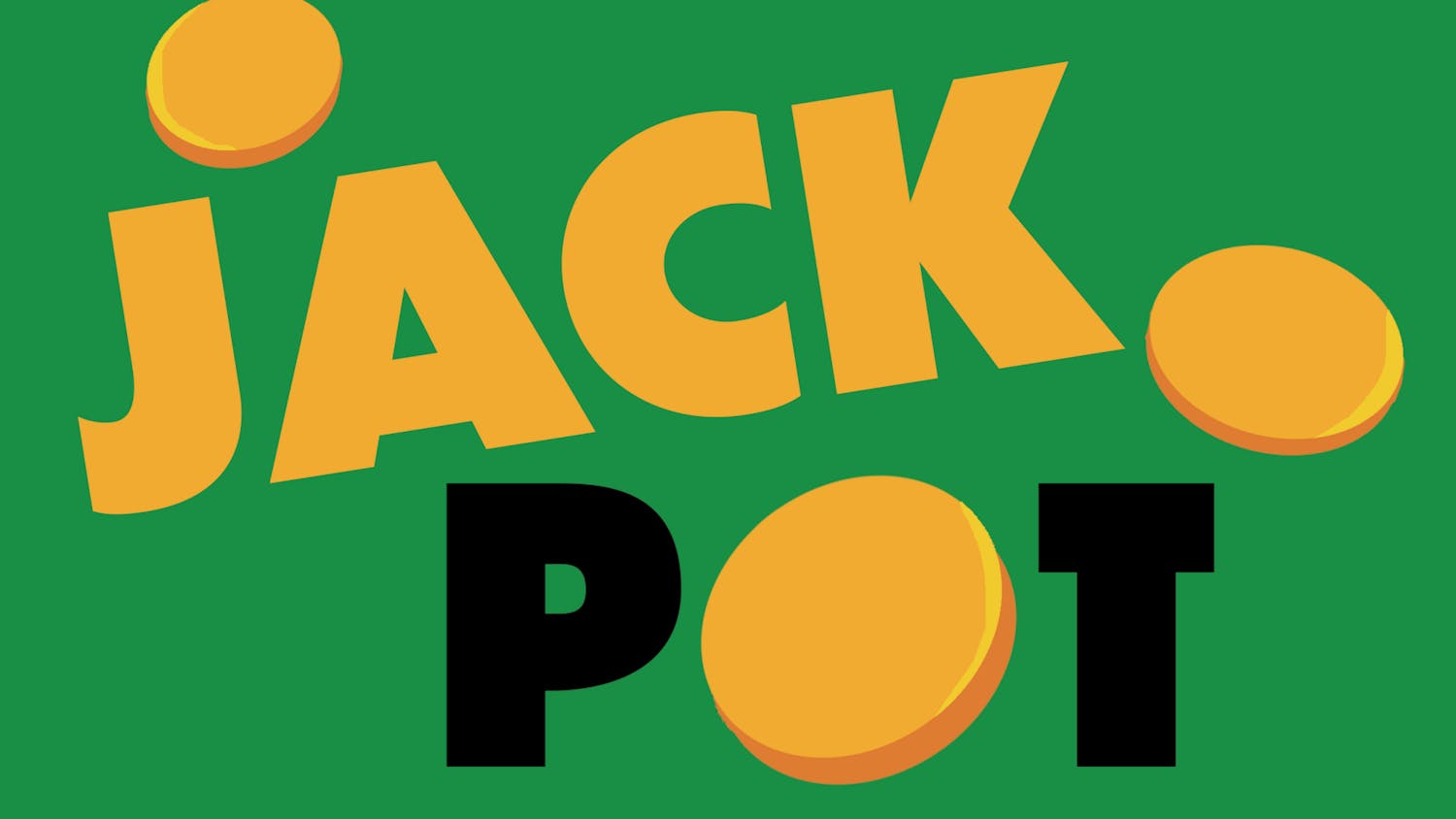Democrats and Republicans seem to have become more divided than ever, both against themselves and each other. The 2016 election only magnified this problem, with populists such as Bernie Sanders and Donald Trump dividing their respective parties along lines of moderates and those less willing to compromise their beliefs.
Both Republicans and Democrats have actively worked against each other, and even against themselves, such as when The Democratic National Convention actively worked against Bernie Sanders in the 2016 primaries. Republicans are facing a split between pro-Trump members led by the president, and anti-Trump Republicans seemingly led by Mitt Romney. With these conflicts popping up more frequently as we speed towards the midterm elections, and the eventual 2020 election, a possible solution is there for those who are unsatisfied with both sides of the aisle: Third parties.
Third parties existed largely off the main stage of American politics, popping up every now and then, like when Ross Perot, arguably the most successful Independent Presidential candidate in the last 30 years, created the Reform Party in 1995. And with the wide range of minor parties just below the surface that cater to a wide range of issues or even just one, they could serve as popular alternatives to the major parties that don’t appeal to someone’s specific beliefs.
Take the two largest third parties in America right now for example. The Libertarian Party is based wholly around the idea of personal freedom. Libertarians campaign strongly in favor of issues such as gay marriage, marijuana legalization, gun rights, free markets, anti-war and decrease in size of the federal government. The Green Party on the other hand, is much more focused on combating environmental issues. They are self-described as socially progressive, future oriented, non-violent and environmentally-friendly socialist economy.
And while both Libertarians and Greens provide an alternative yet still politically relevant stance, as both had mildly prominent candidates during the 2016 election in Gary Johnson and Jill Stein, some minor parties provide more radical or obscure stances. They can range from parties based on Christian philosophical politics like the American Solidarity Party or the Christian Liberty Party, to the variety of hard line groups such as the Communist Party USA and the American Freedom Party.
Although third parties have been largely insignificant for years, more and more Americans are flocking to them as alternatives. Libertarian membership jumped 92 percent over the last decade, and the Green Party has announced it will field 224 candidates for office around the country in 2020. Clearly these parties are providing platforms Americans are drawn to, as membership and opinion of Democrats and Republicans are reaching record lows.
If Democrats and Republicans can’t solve their own problems and cooperate, there will soon be some new faces in Congress, and those faces will be looking to shake things up.
Jack Gleckler is a freshman studying journalism at Ohio University. Please note that the views and opinions of the columnists do not reflect those of The Post. Do you agree? Tell Jack by tweeting him at @thejackgleckler.






